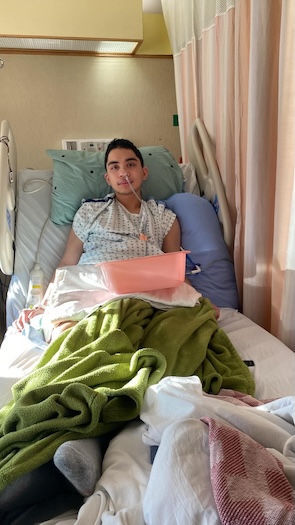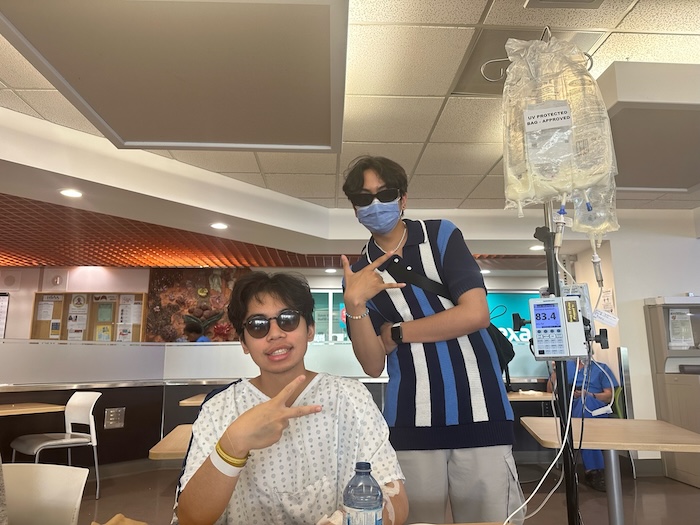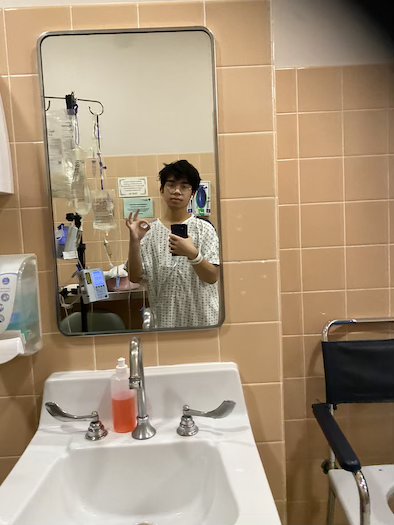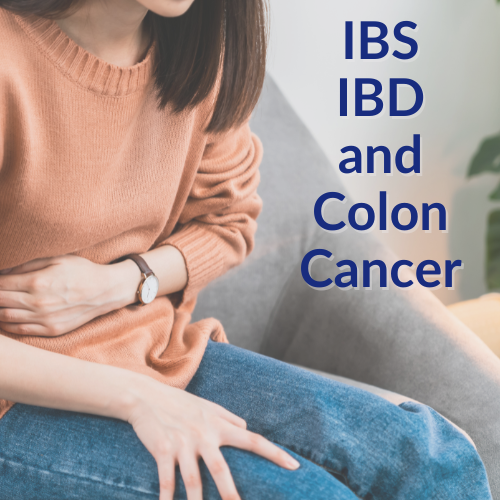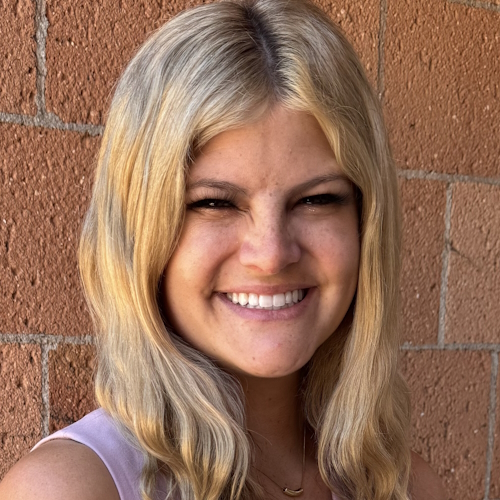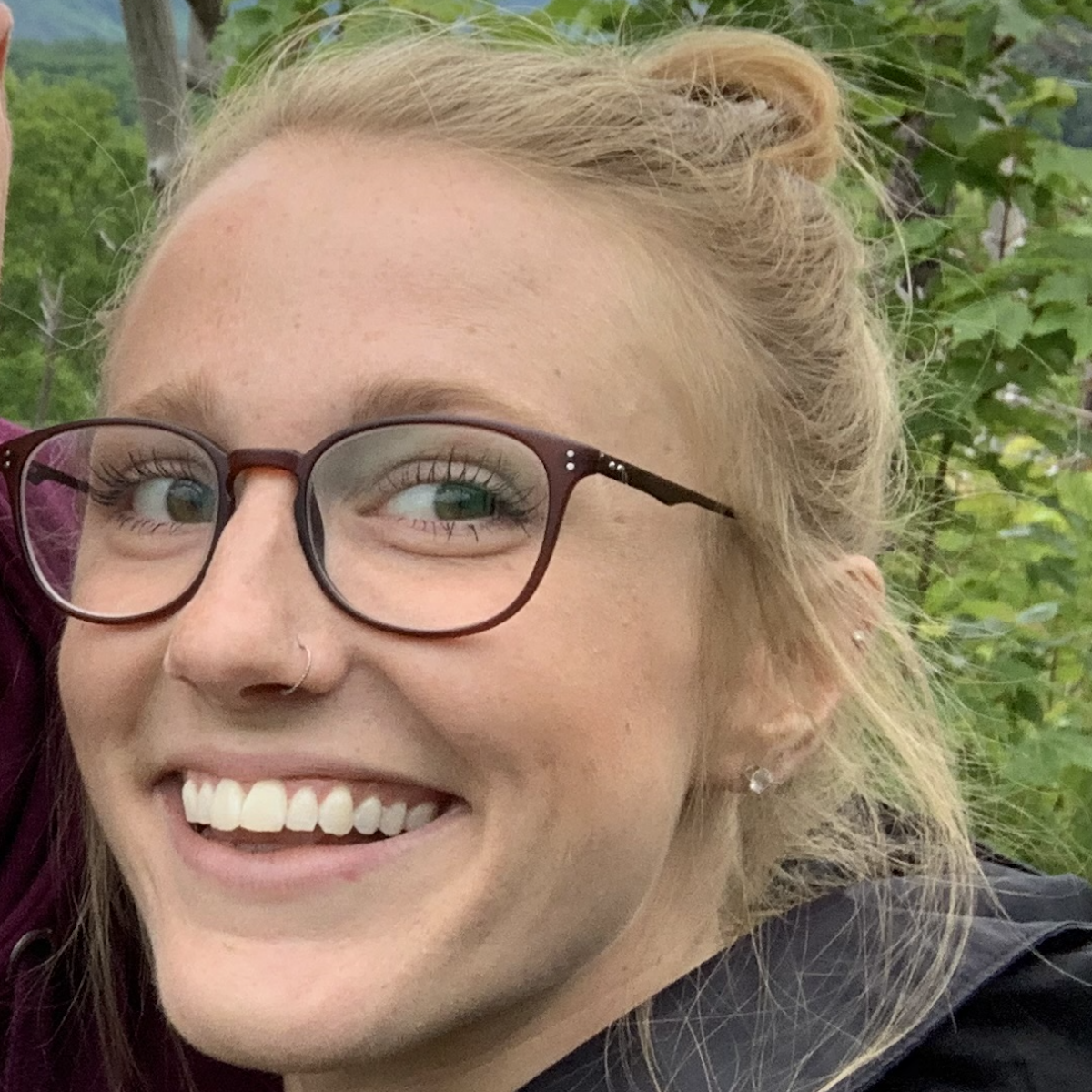Thriving with Ulcerative Colitis: Ariel’s Story of Strength and Support
Ariel shares his experience living with ulcerative colitis, a condition he was diagnosed with in 2023 when he was just 18. Initially, Ariel noticed an increase in bowel movements — nothing alarming at first, but within weeks, his symptoms escalated rapidly. Exhausting ER visits, misdiagnoses, and ineffective treatments left him feeling drained, both physically and mentally. Navigating these challenges during exam season only amplified the stress.
Interviewed by: Nikki Murphy
Edited by: Chris Sanchez
Ulcerative colitis, a type of inflammatory bowel disease (IBD), didn’t just impact Ariel’s health; it shook his sense of self. He grappled with the emotional load of hospital stays, the discomfort of procedures like colonoscopies, and the uncertainty of his diagnosis. He tried multiple medications, but his condition only worsened, leading to an ileostomy surgery — an emotionally intense moment that made him reflect deeply on how his life had shifted compared to his peers.

After surgery to treat his ulcerative colitis, Ariel faced a new reality: living with an ostomy bag. While the physical changes were daunting, the mental hurdles were even tougher. He dealt with self-consciousness, social anxiety, and the grief of losing his former active lifestyle. However, Ariel’s determination shone through. He leaned on his supportive family, especially his mom and brother, and found solace in being able to work out again, albeit with adjustments. He was also able to land a part-time job at a bakery, which helped rebuild his confidence and routine.
Ariel’s resilience was tested again when he faced complications that required additional surgeries. Despite ICU stays and health scares, his spirit remained strong. A touching moment during his ICU recovery — a simple scribble wishing his mom a happy birthday — captured his enduring love for his family amidst adversity.
Today, Ariel continues to adapt to life with ulcerative colitis. He’s redefined his identity beyond physical limitations, focusing on what he can control. The message he’d like to share is clear and compelling: while life throws unpredictable challenges, your response defines your strength. His story is about acceptance, growth, and the power of a strong support system.
Watch Ariel’s video and find out more:
- How a simple birthday message became one of his proudest moments.
- The unexpected way working out helped Ariel regain his confidence while navigating life with ulcerative colitis.
- Why his ER visits were both frustrating and life-changing.
- What it’s really like to adjust to life with an ostomy bag.
- Ariel’s heartfelt advice to anyone facing unexpected health challenges.
- Name:
- Ariel D.
- Age at Diagnosis:
- 18
- Diagnosis:
- Ulcerative Colitis (IBD)
- Symptoms:
- Overactive bowel
- Heavy cramps in the stomach area
- Abdominal pain
- Treatment:
- Surgery: ileostomy
This interview has been edited for clarity and length. This is not medical advice. Please consult with your healthcare provider to make informed treatment decisions.
The views and opinions expressed in this interview do not necessarily reflect those of The Patient Story.

Inspired by Ariel's story?
Share your story, too!
More Crohn’s and Colitis Stories
Kristen F., Crohn’s Disease (IBD)
Symptoms: Fatigue, abdominal cramps, blood in stool, loss of appetite, frequent and painful bathroom visits, perianal disease (open wound), mouth sores, joint pain
Treatments: Multiple medications, surgeries (temporary ostomy, total colectomy and permanent ostomy, Barbie butt surgery or proctectomy)
Jess G., Crohn’s Disease (IBD)
Symptoms: No appetite even when offered a favorite dessert, weight loss
Treatments: Steroids, blood transfusions, biologics, surgeries (colectomy, small bowel resection, colostomy)
Ariel D., Ulcerative Colitis (IBD)
Symptoms: Overactive bowel, heavy cramps in stomach area, abdominal pain
Treatment: Surgery (ileostomy)
Alli R., Ulcerative Colitis
Symptoms: Blood in stool, unexplained weight loss, stomach pain, constant defecation
Treatment: Surgery (ileostomy)
Sarah A., Ulcerative Colitis
Symptoms: Bowel irregularity, severe stomachaches, blood in stool
Treatments: Surgery (ostomy surgery), steroids, anti-inflammatory medication (mesalamine), biologic therapy
Dana D., Crohn’s Disease (IBD)
Symptoms: Abdominal pain, diarrhea, blood in stool
Treatments: Surgeries (colon resection, total proctocolectomy with end ileostomy,
abdominal perineal resection, myocutaneous flap), steroids, biologic therapy

